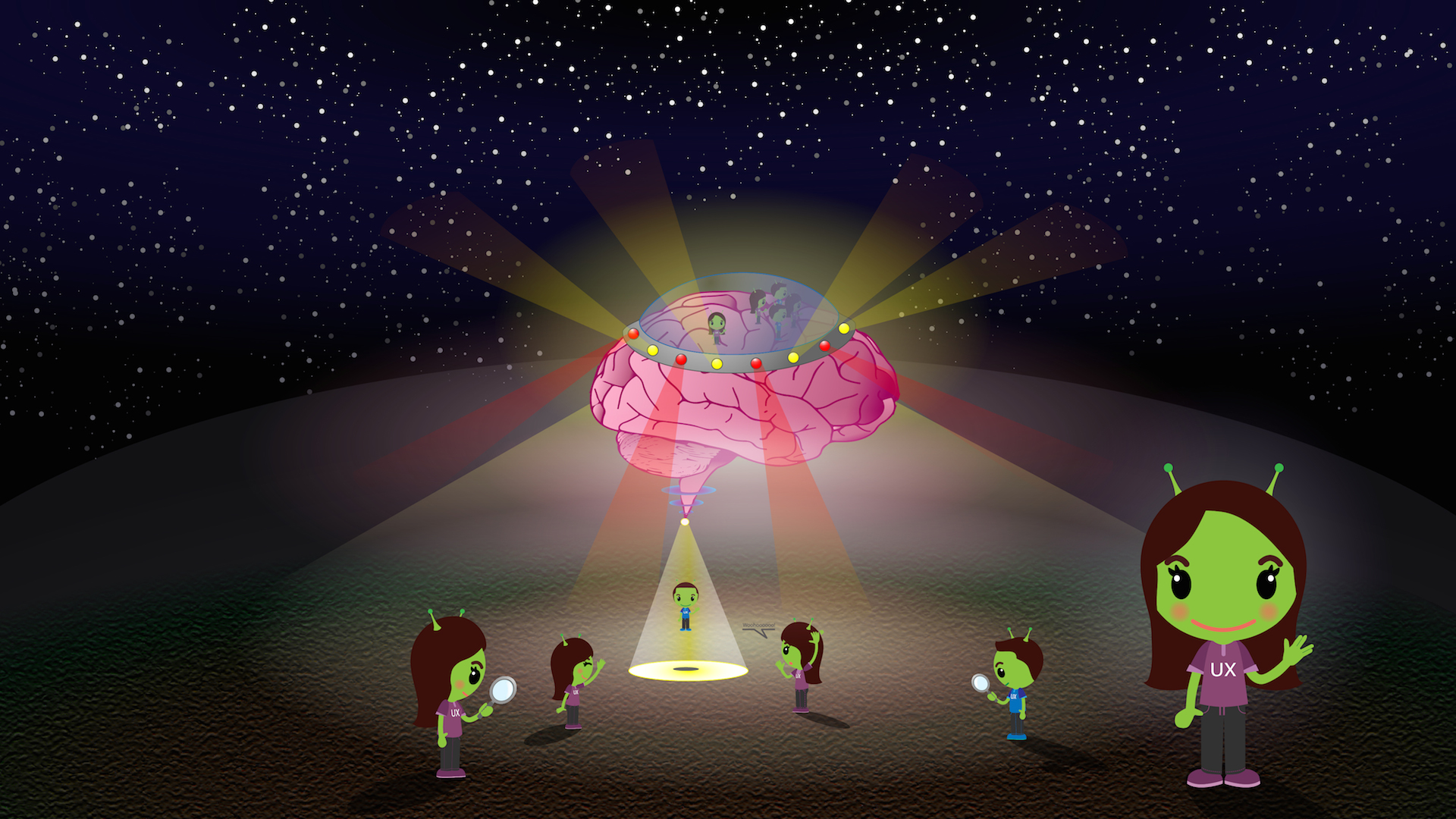
Illustration by Laura Teeples
UX Invaders: We Come In Peace!
User Experience (UX) is becoming very trendy albeit fairly new in the video game industry, so there are still a lot of misconceptions regarding what it is (and what it’s not). I will try to tackle these misconceptions and convince you – if need be – that UX is indeed your friend.
To explain it in a nutshell, UX explores how it is like for the target audience (the players) to experience your game (and everything beyond, such as downloading the game, consulting forums, etc.). It uses neuroscience and psychology knowledge and applies game user research methodologies (e.g. playtests and analytics) to make sure that the game has good usability and is immersive (although I prefer to refer to it as gameflow).
When thinking about my experience advocating for UX (or neuroscience) in a game development team, there are 5 main misconceptions about UX I very frequently need to address:
Read more →

